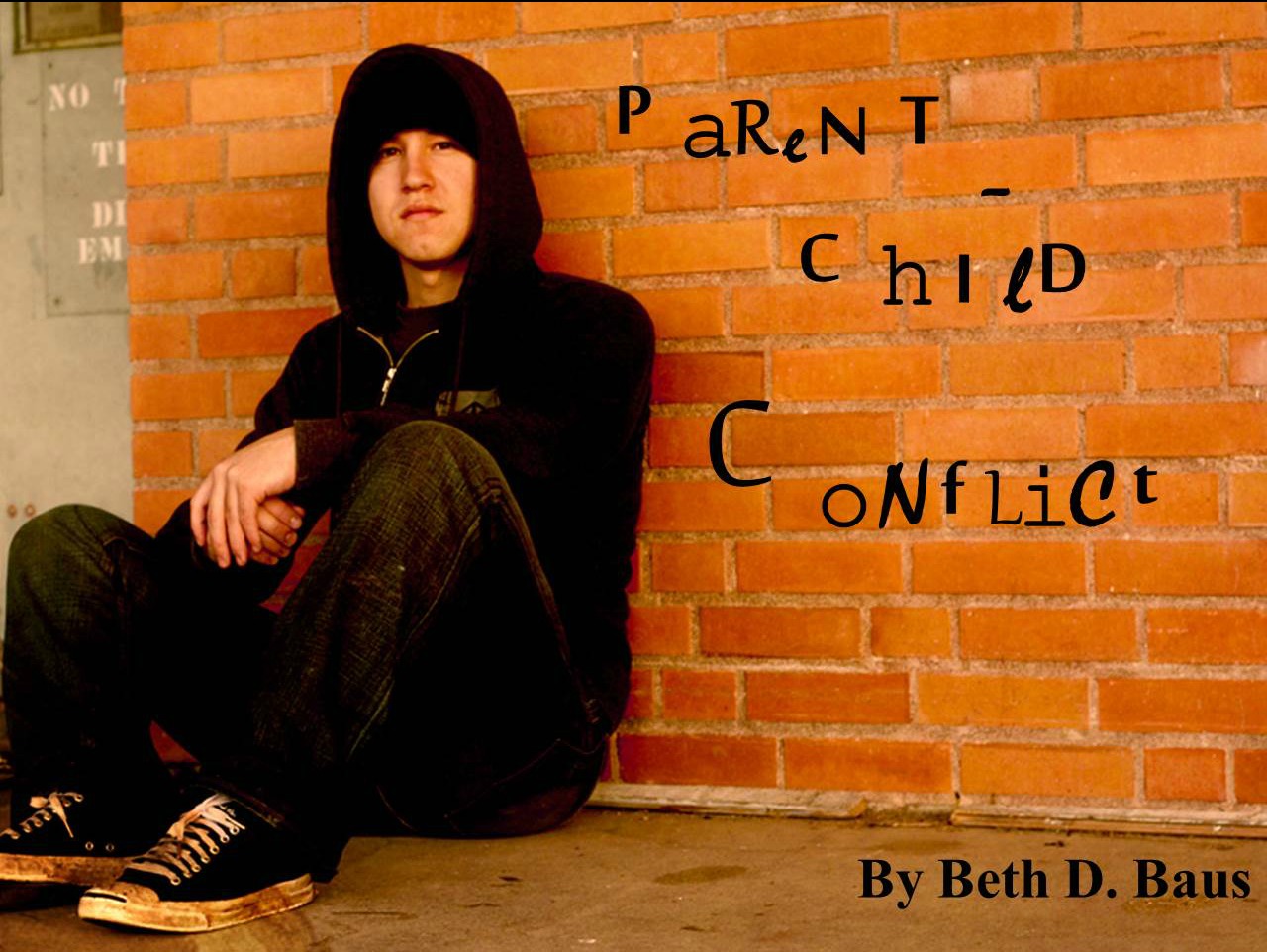Clearly, each child is born with their own temperament and personality traits that can make helping some make good choices, a little more challenging. We can guide and provide positive Christian opportunities; however, no one can force someone else to make good life choices. Even God gives us (and our children) the ability to choose right from wrong. God promises to lead and direct us, but He will not force us. The goal is to help children want to walk in the footsteps of their God loving parents and those ministers He has placed in their lives, just as we want and desire to walk in the footsteps of God.

By Beth D. Baus
To View the Entire Article, Click Here
To Download the Entire Article Directly to Your Computer, Click Here
To View the Outline, Click Here
To View the PowerPoint, Click Here
Often, when parents come for help because they are having difficulty with their child’s behavior, the problems have been going on for a very long time. There are no simple solutions. Nevertheless, there is hope. With proper intervention, support, and of prayer, most parents and children in conflict can work out problems and experience many moments of happiness throughout the rest of their lives. I’m going to focus on a particular stage of life called adolescence” because more often then not, this is the time period at parents and children experience challenges within their relationship. I am not saying that this stage offers nothing more than conflict and frustration.
To assume that would be a fallacy, possibly resulting in self-fulfilling prophecy since children tend to see and fall to our expectations of them. The truth of the matter is t most teens go through this stage without any major problems. One common misconceived notion is that parents have little influence over their children after their pre-teen years. This is also not correct. Parents continue to exert a great deal of influence on their children during the adolescence stage.
This is an important time of continued shaping of their character and spiritual beliefs, howbeit, done more carefully and prayerfully than before. One of the main things that can help an adolescent who is dealing with frustration and parental conflict is simply giving them hope for a better tomorrow, as well as helping them feel secure in their parents love, in your (the church and ministers) support, and in the love of God. It will be important to help parents understand that taking care of their teen is very similar to taking care of a young child. All children, in spite of their age, need love, age appropriate discipline, emotional support, and direction. However, in this stage of development some flexibility is often in order.
Teens are young people whose main task is to form their own identity and prepare for adulthood. This is the time of life when once young and obedient children, challenge the authority of their parents. Everything is a catastrophe for them; a pimple, a slightly soiled outfit, or the wrong color shoes can send them spiraling through a variety of emotions including anger, frustration and even depression. They are very sensitive to criticism and live in the extreme (things are either awesome or horrible). This can also be a time when parents express frustration because their once loving and affectionate children show them little affection and even seem embarrassed to be associated with them.
Their behaviors are often inconsistent, one minute wanting the parent to treat them like an adult and the next minute asking for help on the simplest of tasks. This is not a comprehensive view of this stage. There really are so many physiological and environmental factors involved which vary from family to family. However, helping parents prepare for this journey, and adjust to the changes, can help them get back on the right road of their relationship. The next part of this chapter will give some ideas on various intervention techniques that may work during your sessions to elicit conversation and find conflict solutions to their problems.
To View the Entire Article, Click Here
To Download the Entire Article Directly to Your Computer, Click Here
To View the Outline, Click Here



